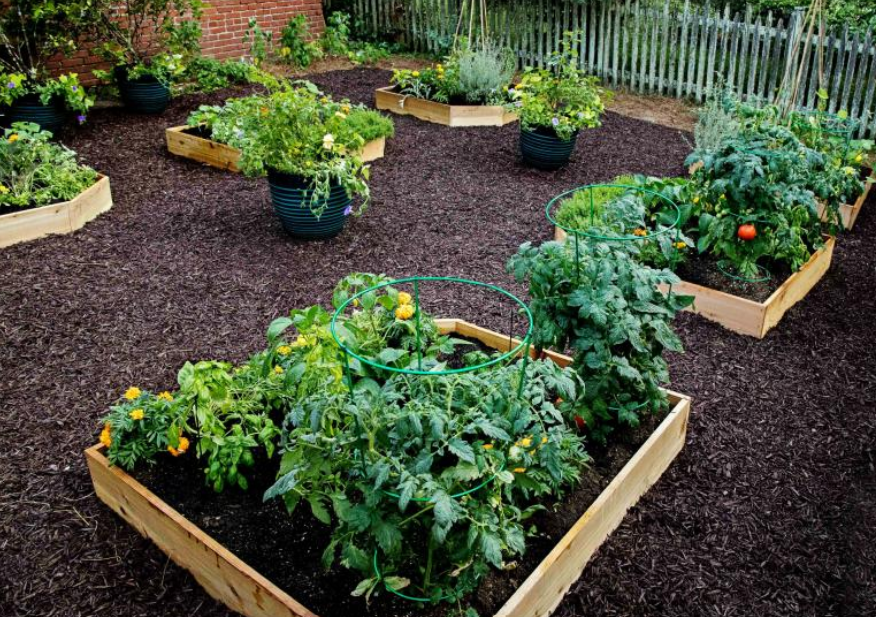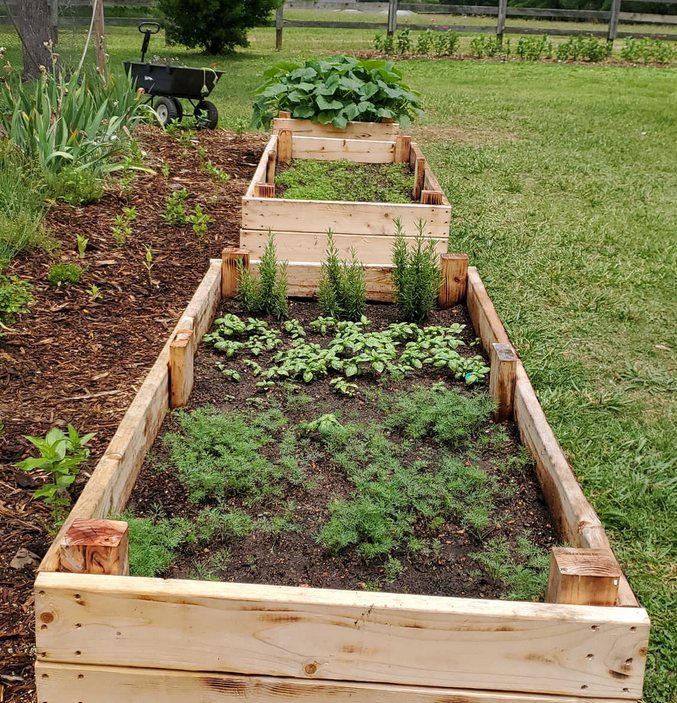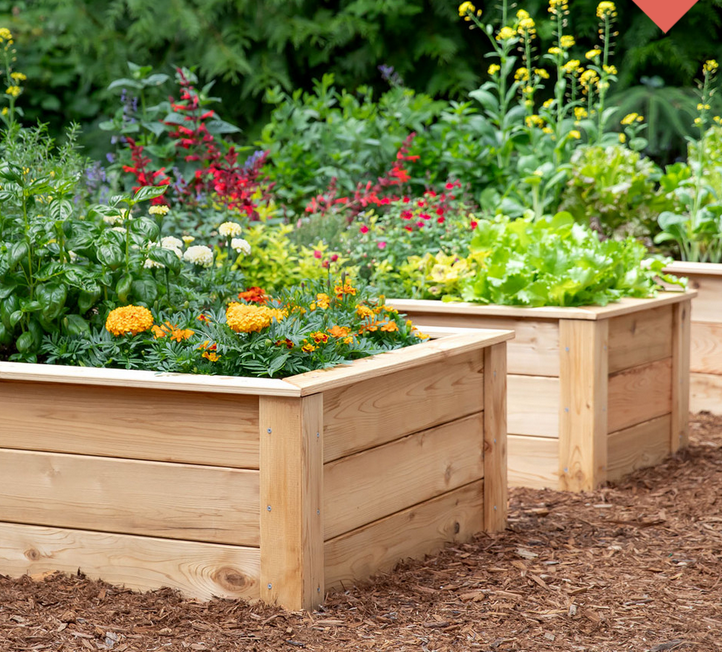Introduction:
As home gardening continues to be a source of self reliance and sustainability, the debate between raised bed gardening and traditional gardening methods has emerged. Both approaches have their merits, but in recent years, raised bed gardening has emerged as a popular and efficient alternative. In this article, we’ll delve into the benefits of raised bed gardening compared to traditional gardening, shedding light on how this elevated approach can transform your gardening experience.
-
Improved Soil Quality:
One of the standout advantages of raised bed gardening is the control it provides over soil quality. By filling the raised beds with a customized mix of soil, compost, and other amendments, gardeners can create an optimal growing environment. This is particularly beneficial in areas where the native soil may be poor or compacted, allowing for healthier root development and better nutrient absorption.
-
Enhanced Drainage:
Traditional gardens can sometimes suffer from poor drainage, leading to waterlogged soil and increased risk of root diseases. Raised beds, on the other hand, offer superior drainage, preventing water from stagnating and ensuring that plants receive the right amount of moisture. This feature is especially advantageous in regions with heavy rainfall or clayey soils.
-
Weed Control:
Raised bed gardening provides a natural barrier against invasive weeds. Elevating the garden beds allows for better control over unwanted plants, as the defined borders make it easier to spot and remove weeds promptly. This not only saves time and effort but also helps maintain a neater and more aesthetically pleasing garden.
-
Extended Growing Season:
The elevated design of raised beds enables the soil to warm up faster in the spring, allowing for an earlier start to the growing season. Additionally, the well-drained soil in raised beds warms more quickly, promoting optimal conditions for plant growth. This can be a game-changer, especially in colder climates where a longer growing season can significantly increase the variety of crops that can be cultivated.

-
Accessibility and Ergonomics:
Raised beds offer a practical solution for gardeners who may face physical limitations. The elevated design reduces the need for bending or kneeling, making it more accessible for individuals with mobility issues. This feature is not only beneficial for seasoned gardeners but also encourages new enthusiasts to take up gardening without the physical strain associated with traditional methods.
-
Pest Management:
The raised structure of garden beds can act as a deterrent to some garden pests, such as slugs and certain crawling insects. While it’s not foolproof, raised beds make it more challenging for pests to reach plants, providing an additional layer of defense against common garden nuisances.
-
Aesthetic Appeal:


